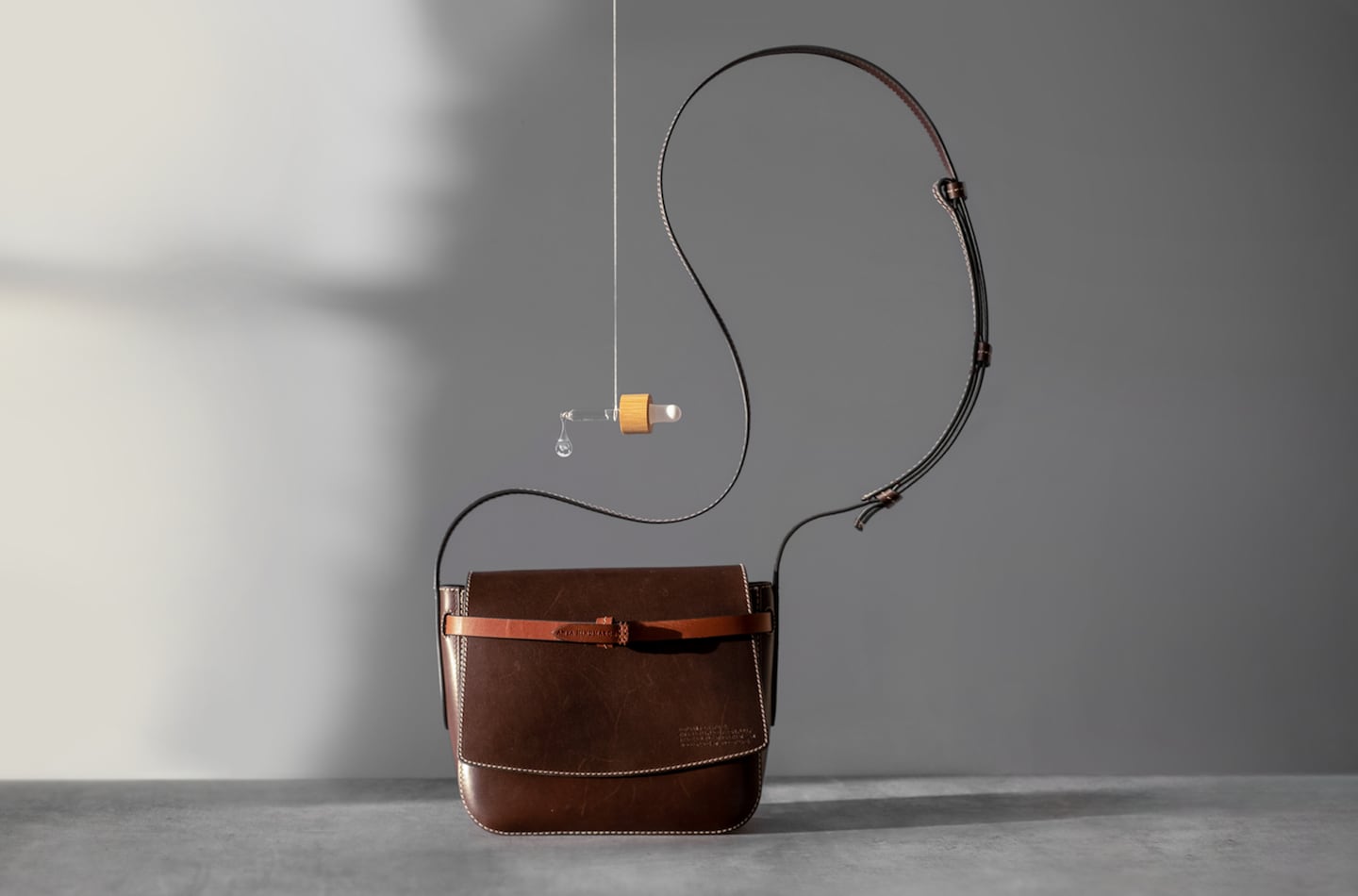
The Business of Fashion
Agenda-setting intelligence, analysis and advice for the global fashion community.

Agenda-setting intelligence, analysis and advice for the global fashion community.

Founded in 2013, Boston-based Evolved By Nature has developed a natural, silk-based protein that can replace harsh chemicals and fossil fuel-derived synthetics used for coating performance fabrics and leather. Among the early adopters of its technology is British accessories designer Anya Hindmarch, who used it to coat a line of fully biodegradable leather handbags last year.
The company said the funding will allow it to ramp up commercial rollout and increase annual production of its “Activated Silk” protein to 900 metric tons by 2024, from current capacity of 150 tons. It will also use some of the funding to help it expand further into beauty, having launched a hand sanitiser and soap, among other products, in recent years.
The fundraising is a further sign of the increasing brand and investor interest in next-gen materials that can help drive innovative alternatives to conventional, environmentally damaging fibres and coatings. Earlier this year, for example, mushroom-based leather start-up MycoWorks closed a $125 million Series C round as the company set its sights on commercial-scale production, lab-grown leather start-up VitroLabs secured $46 million funding, and recycled cotton maker Recover secured $100 million investment in a funding round led by Goldman Sachs, which reportedly valued the company at $1.1 billion.
Learn more:
ADVERTISEMENT
Fashion’s Race for New Materials — Download the Case Study
Brands are pursuing a raft of initiatives to adopt recycled textiles, regeneratively farmed cotton and mushroom-based leather, but giving fashion’s major materials a sustainability makeover still requires billions of dollars worth of investments and deeper, longer-term commitments to scale. BoF breaks down some of the key innovations, the companies leading the charge and the barriers to change.
The trial of Colombian designer Nancy Gonzalez for smuggling alligator and snakeskin handbags into the US shone a rare public spotlight on the trade in the exotic skins used for some of fashion’s most expensive and controversial products.
Europe’s Parliament has signed off rules that will make brands more accountable for what happens in their supply chains, ban products made with forced labour and set new environmental standards for the design and disposal of products.
Fashion’s biggest sustainable cotton certifier said it found no evidence of non-compliance at farms covered by its standard, but acknowledged weaknesses in its monitoring approach.
As they move to protect their intellectual property, big brands are coming into conflict with a growing class of up-and-coming designers working with refashioned designer gear.